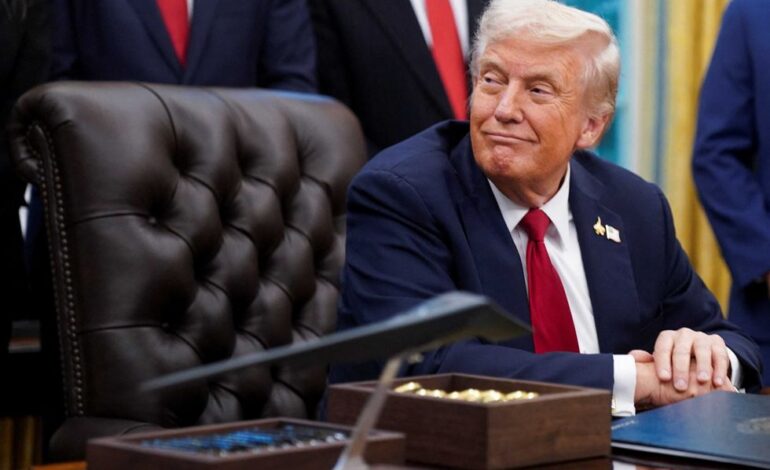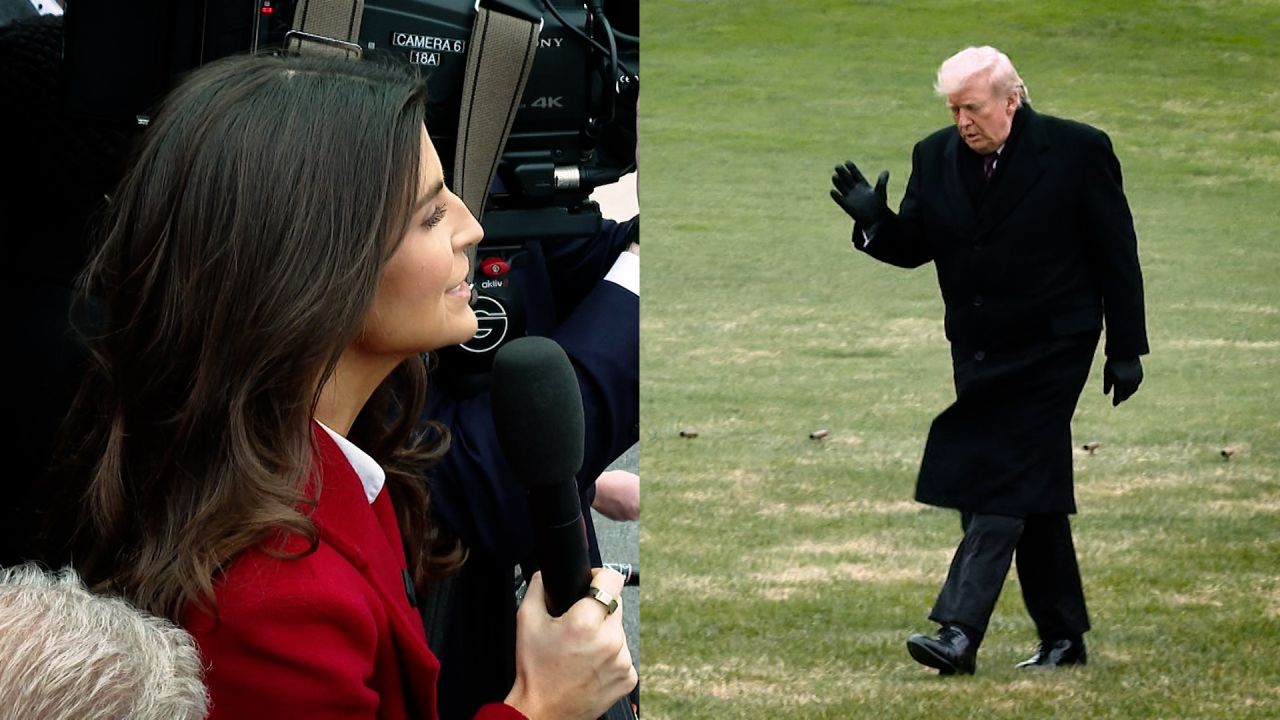Trump’s Tactics Reflect Ideals of Nazi Philosopher Carl Schmitt

The political strategies of former President Donald Trump and his allies, including J.D. Vance and Kristi Noem, increasingly mirror the controversial theories of Nazi jurist and philosopher Carl Schmitt. Scholars and commentators have noted that the frameworks Schmitt laid out during the early years of the Third Reich are being employed in contemporary American politics. This alignment raises significant concerns among observers about the implications for democratic governance.
Schmitt’s philosophy suggests that traditional legal frameworks can be disregarded in favor of power consolidation. He argued that democracy, characterized by its inherent messiness, is flawed because it often allows the majority to suppress individual freedoms. Instead, he advocated for a strong leader who could unify the populace by transcending political disputes and acting in what they perceive as the collective interest. This paradigm offers a pathway for a leader to assume unchallengeable authority, effectively sidelining established democratic norms.
Vance has openly referenced Schmitt’s ideas, illustrating their applicability to current political dynamics. According to Schmitt, a leader could achieve “plenary” power by discarding political conventions and prioritizing loyalty over legality. This viewpoint aligns closely with Trump’s approach, which has often involved dismissing legal constraints and undermining opposing political factions.
Schmitt’s binary classification of political actors into “friends” and “enemies” further reflects Trump’s tactics. Loyalists are rewarded, while adversaries face repercussions. This methodology has been evident in Trump’s treatment of former allies like James Comey and James Clapper, who have faced public vilification despite their Republican affiliations. This shift in political rhetoric has been alarming for many, drawing parallels to historical strategies used to demonize opposition.
Another key aspect of Schmitt’s theory is the invocation of “emergency” powers. This tactic allows leaders to bypass constitutional safeguards in times of perceived crisis. Observers have expressed concern that Trump may be setting the stage for such measures, potentially misusing the Insurrection Act to justify extraordinary actions. The historical precedent set in 1933, when Schmitt justified the suspension of civil liberties following the Reichstag Fire, underscores the potential dangers of this strategy.
Political figures, including former Labor Secretary Robert Reich, have warned against these developments. They argue that the tactics employed by Trump and his supporters threaten the integrity of the electoral process, with implications for the upcoming elections in 2024 and 2028. Political leaders like Illinois Governor J.B. Pritzker and California Governor Gavin Newsom have echoed these concerns, indicating that Trump’s maneuvers may aim to undermine democratic institutions.
The political climate has intensified in cities like Portland and Chicago, where tensions have escalated in response to perceived provocations. Activists have engaged in peaceful demonstrations, attempting to counteract Trump’s narrative and actions. Yet, the possibility of increased violence remains, raising questions about how these dynamics will unfold in the coming months.
The potential ramifications of Trump’s strategies have created a sense of urgency among advocates for democratic principles. Many citizens are calling for vigilance and active participation in the political process, emphasizing the importance of resisting authoritarian impulses. The movement for accountability and transparency is gaining momentum as individuals mobilize to safeguard democratic norms.
In summary, the convergence of Trump’s political strategies with Schmitt’s authoritarian principles raises critical questions about the future of democracy in the United States. As the nation approaches pivotal elections, the interplay between power, legality, and public sentiment will likely shape the political landscape for years to come.






